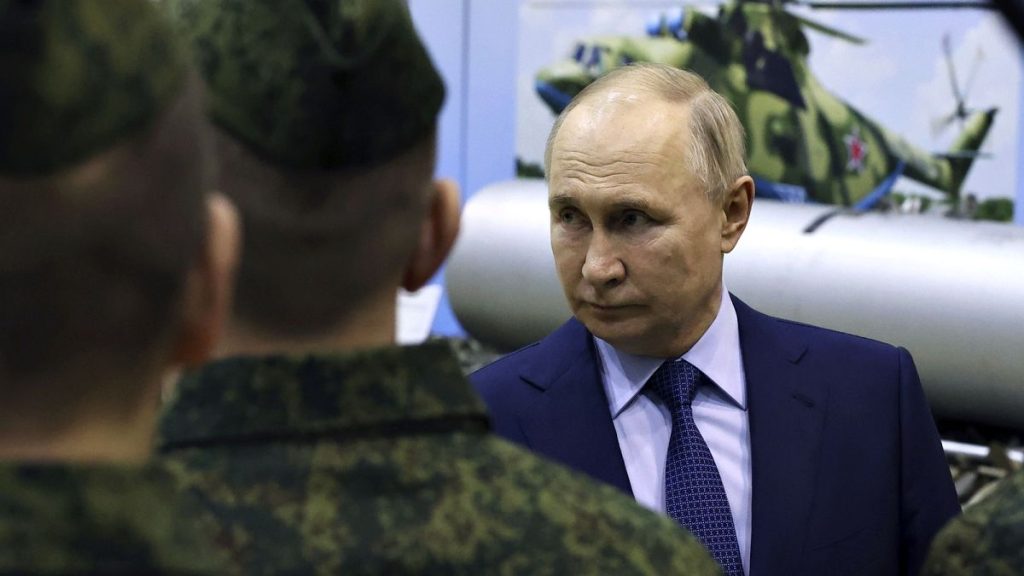The European Union and NATO have strongly condemned Russia for launching cyber attacks against Germany and the Czech Republic. Both organizations accused Russia of targeting democratic institutions, government entities, and critical infrastructure providers across the EU and beyond. The EU’s foreign policy chief stated that Russia’s actions show a continuous pattern of irresponsible behavior in cyberspace, particularly activities that aim to degrade critical infrastructure, weaken societal cohesion, and influence democratic processes. NATO also called on Moscow to abide by its international obligations and stated that they would use their capabilities to deter, defend against, and counter cyber threats. The blame for these attacks was placed on APT28, a cyber espionage group linked to Russia’s military intelligence service (GRU).
In Germany, APT28 is accused of compromising email accounts of members of the Social Democratic Party (SPD), the leading force in the ruling coalition. Germany’s Foreign Minister emphasized that such actions are unacceptable and will have consequences. In the Czech Republic, the group targeted state institutions by exploiting a previously unknown vulnerability in Microsoft Outlook. The interference began in 2023, according to the country’s foreign affairs ministry. The findings from both Germany and the Czech Republic prompted denouncing statements from the EU and NATO, which were released almost simultaneously. The news comes at a time of high alert in Eastern and Northern Europe over the potential threats of Russian hybrid warfare.
In recent days, Estonia, Latvia, Lithuania, Sweden, and Finland have raised concerns about the jamming of GPS signals, which led Finnish airline Finnair to suspend services to a city in Estonia. This action is seen as a new attempt by Russia to retaliate against sanctions imposed for the invasion of Ukraine. NATO described these incidents as part of an intensifying campaign of activities carried out by Russia across the Euro-Atlantic area, including sabotage, acts of violence, cyber and electronic interference, disinformation campaigns, and other hybrid operations. The alliance is taking these threats seriously and is prepared to defend against them.
The EU and NATO’s denouncement of Russia’s cyber attacks underscores the significance of cybersecurity as a crucial aspect of national and international security. These attacks not only target specific countries but also have broader implications for the stability and security of the entire region. The coordinated responses from the EU and NATO signal a united front against such threats and a commitment to protecting democratic institutions and critical infrastructure. The attribution of these attacks to APT28, a group with ties to Russia’s military intelligence service, highlights the need for vigilance and response mechanisms to counter such malicious activities in cyberspace.
The actions by Russia in launching cyber attacks against Germany and the Czech Republic reflect a broader trend of irresponsible behavior in cyberspace, with potential consequences that extend beyond individual countries. The use of cyber weapons to target democratic institutions and critical infrastructure poses a significant risk to the stability and security of the European region. The escalating tensions between Russia and NATO over cyber threats, as well as other forms of hybrid warfare, highlight the evolving nature of conflicts in the digital age. It is crucial for countries and international organizations to strengthen their cybersecurity capabilities and work together to address these emerging threats effectively.
The incidents of cyber attacks and GPS signal jamming in Eastern and Northern Europe are part of a wider pattern of activities by Russia to challenge the security and stability of the Euro-Atlantic area. These actions underscore the importance of maintaining a strong deterrence posture and readiness to defend against various forms of hybrid warfare. The response from Estonia, Latvia, Lithuania, Sweden, Finland, and other countries in the region demonstrates the growing awareness and concern over these emerging threats. Collaborative efforts between NATO member states and partners are essential to counter these challenges effectively and uphold the principles of international law and democratic values in the face of persistent cyber threats.













